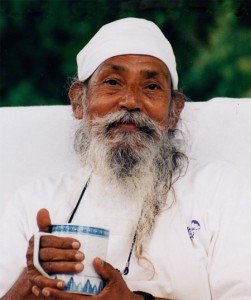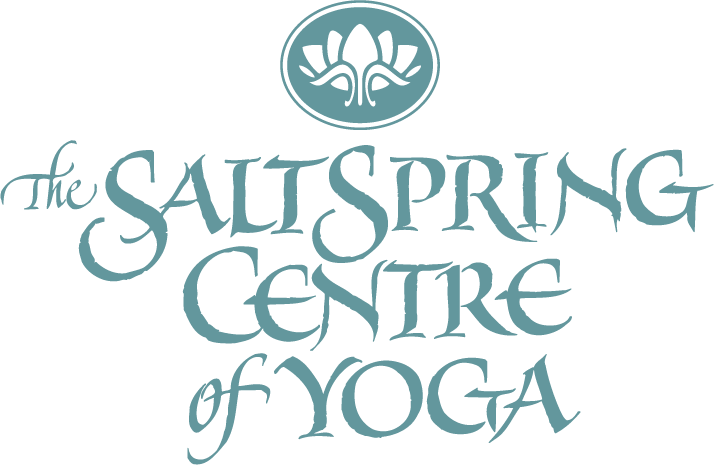What is it you really want?
 What is it you want? If you got the thing you want, what would that give you? How would you feel – relaxed? peaceful? happy? Maybe that’s what you really want, and the thing you’re hoping for is just a means to that end. If what you want is to be relaxed, peaceful and happy, what’s keeping you from being that way now?
What is it you want? If you got the thing you want, what would that give you? How would you feel – relaxed? peaceful? happy? Maybe that’s what you really want, and the thing you’re hoping for is just a means to that end. If what you want is to be relaxed, peaceful and happy, what’s keeping you from being that way now?
It’s pretty easy for most people to come up with an answer (or several answers) to that question:
– I can’t relax because I have so many responsibilities. I have too much to do.
– Maybe I could relax and be happy if my back didn’t hurt so much.
– I’d love to take it easy, but I have to work. I can’t quit my job because I have to earn money.
There are many variations on that theme. Sound familiar?
Is money, work, physical pain what’s keeping you from being happy, relaxed, at peace or is it your response to your situation?
If a person thinks the burden of the world is on their shoulders, they feel the weight of the world and in a few years they become hunchbacked.
Maybe if we could have the things we want, it would help, at least for a while. If you can take a vacation from work, you might find some relaxation and ease. Money can buy you some things that could bring some fun into your life. The problem is it doesn’t last. It’s great when we get what we want, but generally at some point dissatisfaction arises again. The question is: Can you be happy and in peace right now, in this moment?
You have your duties and responsibilities to the world and you can do them with a smile on your face or you can have a sad heart and tears in your eyes. It doesn’t make any difference to the world but it makes a difference in the way you feel.
How can we switch our response to what we see as a burden? If we pay attention we can develop awareness of our thoughts and begin to notice when we’re going down a path that has never led us to peace and happiness before. For example, if our usual habit when we’re upset about something is to get angry and blame someone else (or the world), we might avoid seeing that the problem is in our minds, not ‘out there’, with distractions like overeating or indulging in ‘shopping therapy’. To change our response to suffering, we have to look within.
Switch the mind or learn by burning the fingers that fire is hot.
You cannot control the world (much as you may want to). What you can do is learn from your own experience that the responsibility for your view of life lies with you. You can choose a response that can lead you to peace right now.
You can take a step in that direction by doing something that leads you out of your habitual thinking: go for a walk, do asana, play music, write or draw, help someone else – anything that takes you out of your preoccupation with what you don’t have and takes you out of your stuck place. Getting out of a stuck place involves shifting from negativity to the openness of the present moment. To support this shift, Thich Nhat Hanh suggests asking, “What’s not wrong?”
Life is not a burden. We make it a burden by not accepting life as it is. We desire everything. If we don’t get what we desire, we feel anger, depression and pain. If we do get it, then we get attached, jealous and discontented, which again causes pain. So the root cause is desire. If we put a limit on our desires, there will be a limit to our pain. Gradually we can reduce the limit, and one day the desires will be decreased so much that we will not even think about them. That state of mind is peace.
Wish you happy.
contributed by Sharada
text in italics is from writings by Babaji
